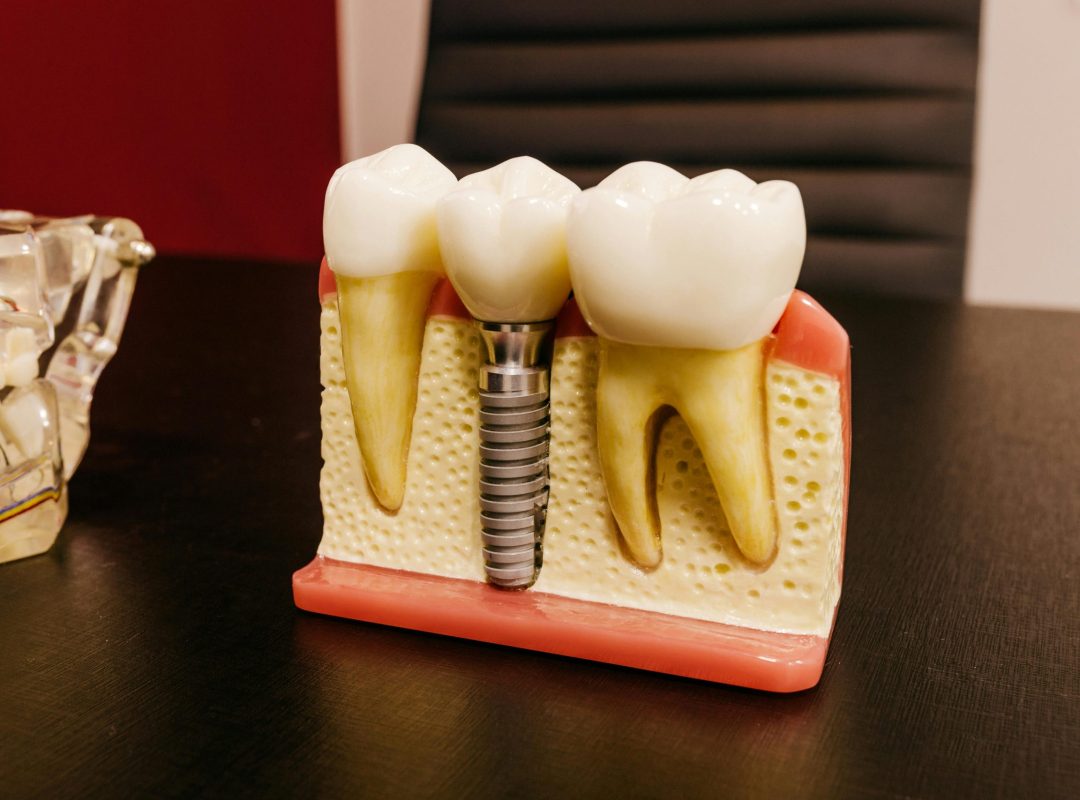Dental Implant


Energy Conservation Upgrades
Similar to a titanium screw, a dental implant is a prosthetic tooth root that is surgically inserted into the jawbone beneath the gum line. This cutting-edge technique restores both function and appearance by enabling the secure implantation of new teeth. Looking back in time, dental implants have ancient roots. The Egyptians used carved stones and seashells to replace lost teeth. Dr. Per-Ingvar Branemark, a Swedish orthopedic surgeon, spearheaded a groundbreaking discovery in 1957 that revealed osseointegration—the flawless integration of bone with biocompatible titanium. Dental implants are already a mainstay of contemporary dentistry, offering a long-lasting and aesthetically pleasing remedy for tooth loss.
Advantages of Replacing Lost Teeth
- Rediscover the numerous advantages of restoring lost teeth. First of all, in addition to improving appearance, dental replacements restore vital functionality, greatly simplifying and improving everyday tasks like speaking and eating.
- Secondly, choosing fixed replacements guarantees a smooth integration without compromising neighboring healthy teeth, offering stability and dependability, particularly for individuals who are completely toothless. For patients who have lost all of their teeth, this fixed option is the only viable alternative.
- Last but not least, maintaining the health of the jawbone is an important benefit. With a 95% success rate, dental implants not only offer a revolutionary way of life by removing the problems associated with loose dentures, digestive problems, and social discomfort, but they also offer unparalleled affordability and simplicity for long-term oral health.
Why Do Dental Implant
Choosing dental implants is a game-changer for a number of strong reasons. First of all, in addition to providing aesthetic improvements, implants restore vital functions, greatly improving the comfort of speech and eating. Second, because they are fastened, they guarantee stability and dependability without affecting nearby healthy teeth, which is very advantageous for those who are toothless.
Furthermore, dental implants help maintain the health of the jawbone, which is essential for long-term oral health. Selecting dental implants, which have a 95% success rate, offers a transformative answer by removing the problems related to loose dentures and offering unmatched cost and ease.
